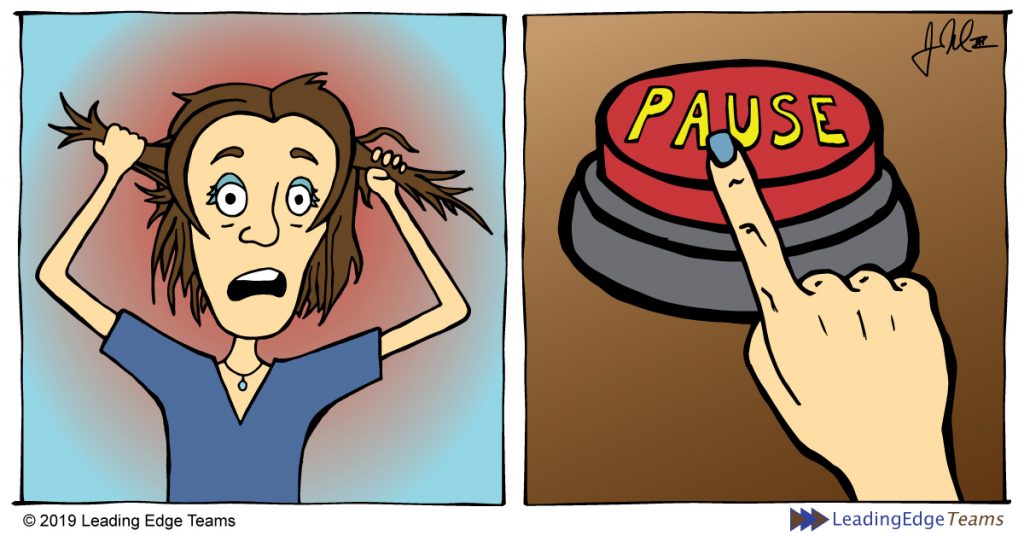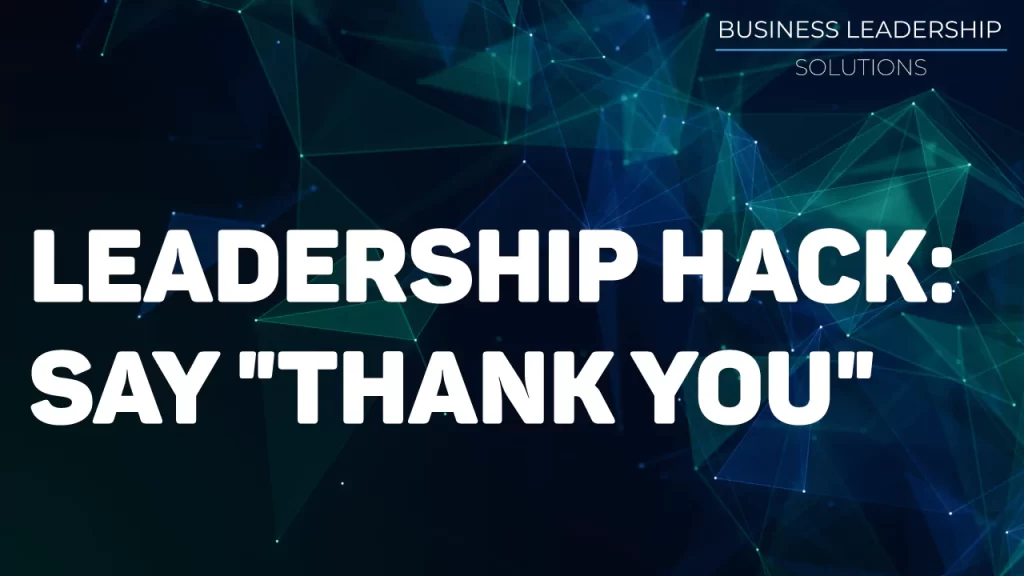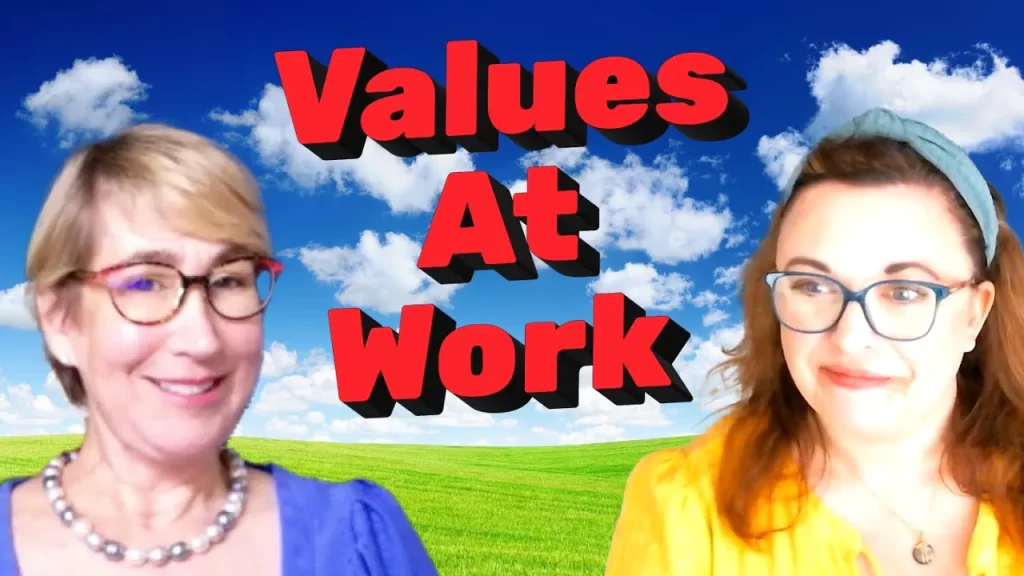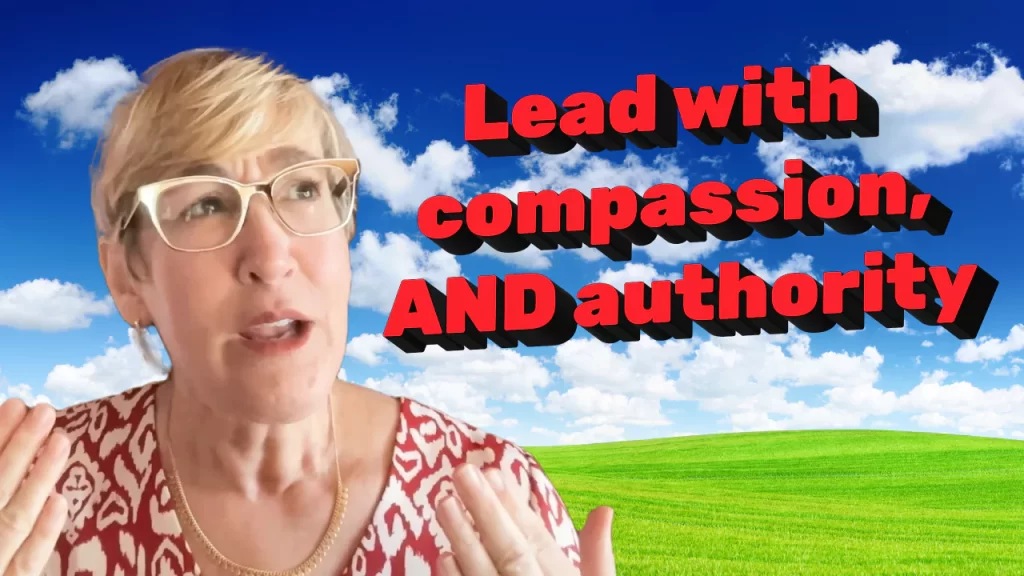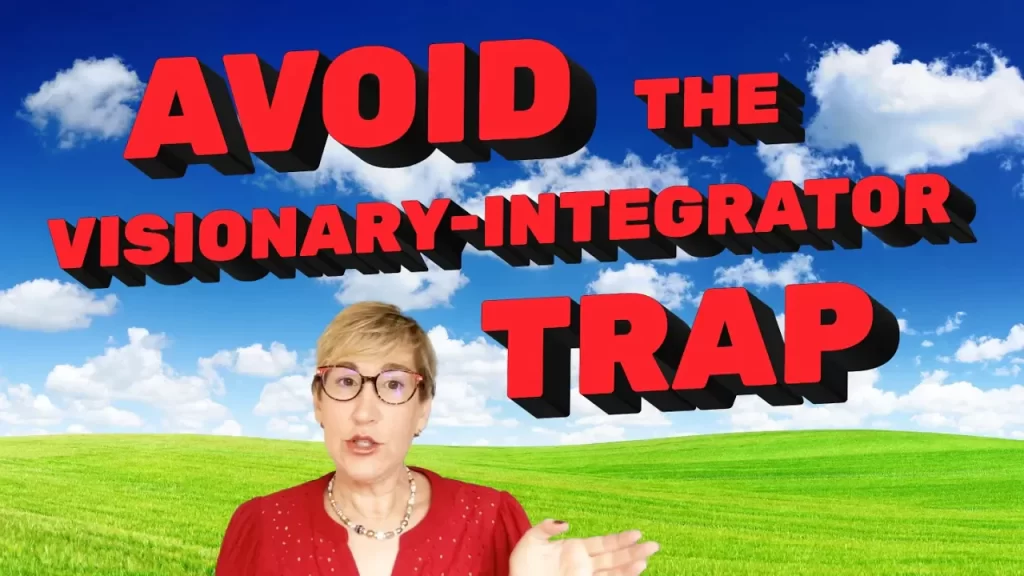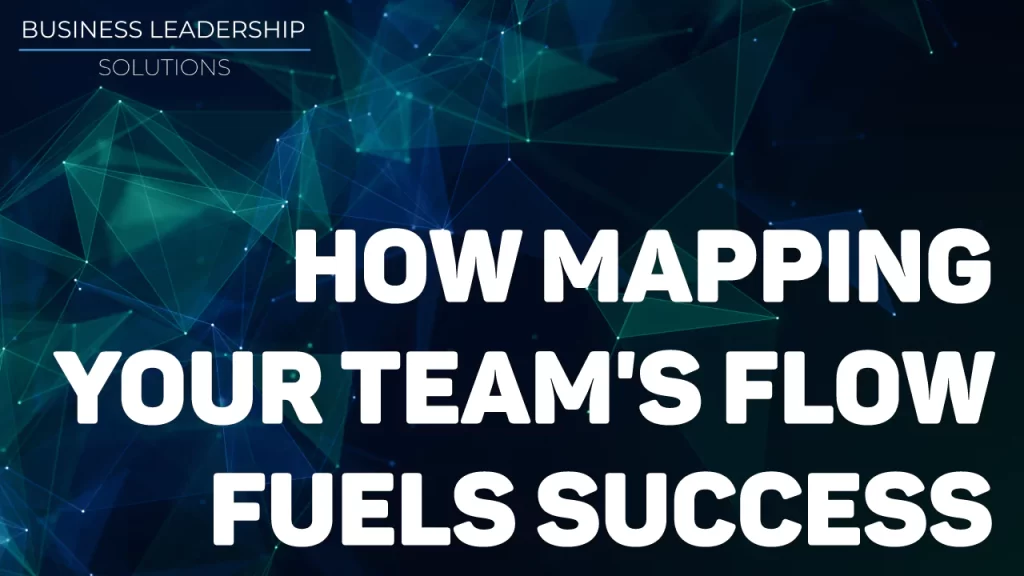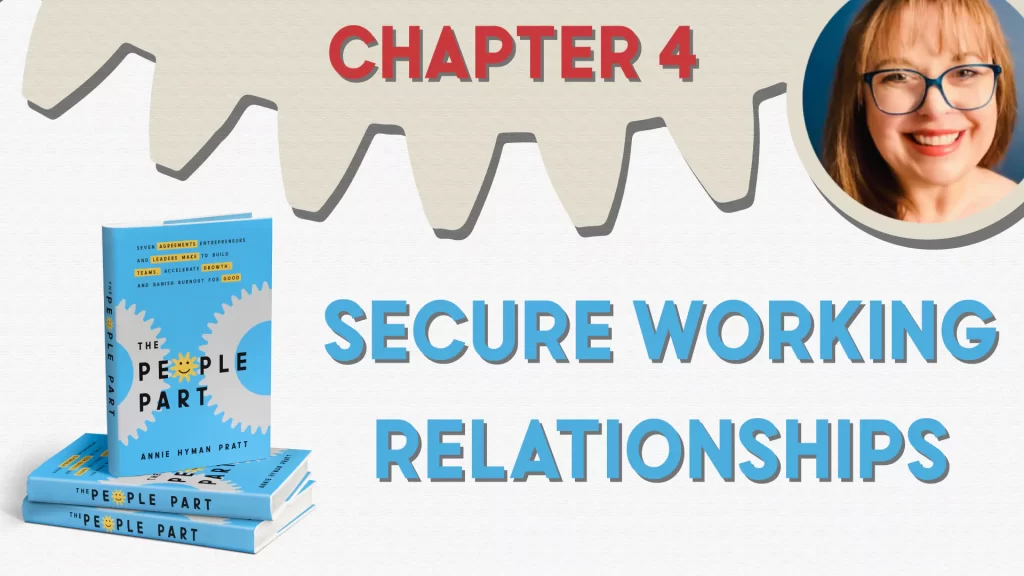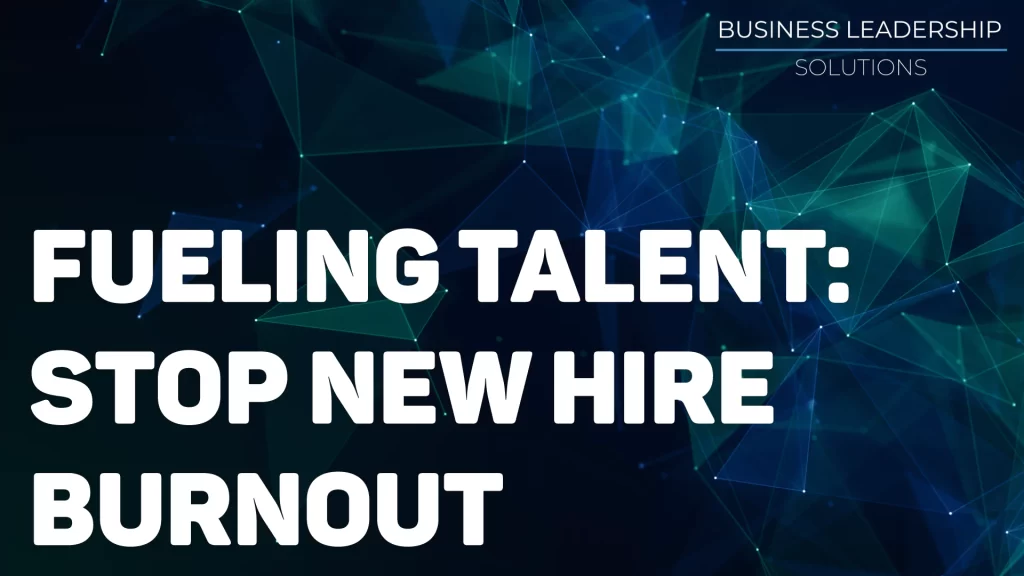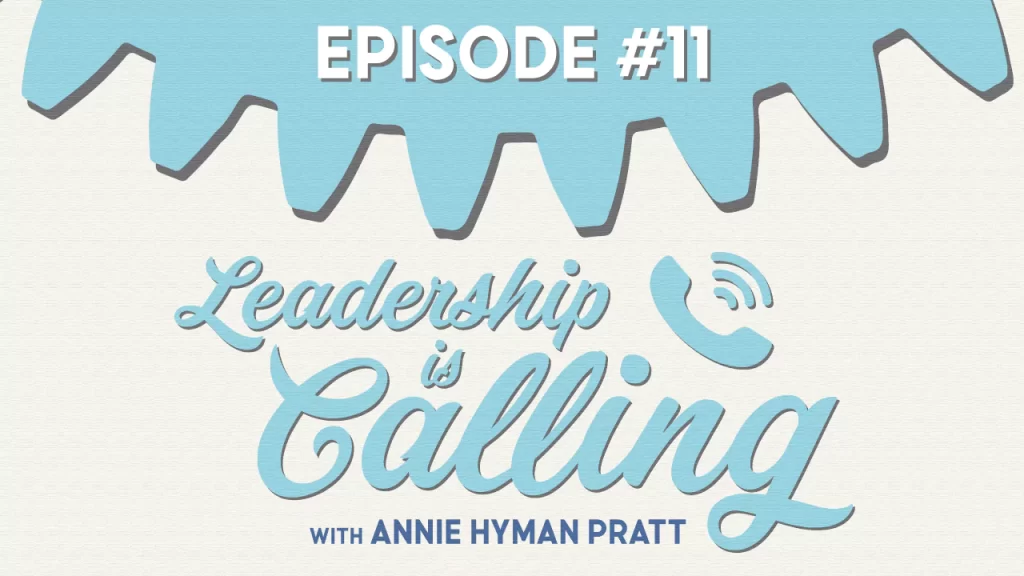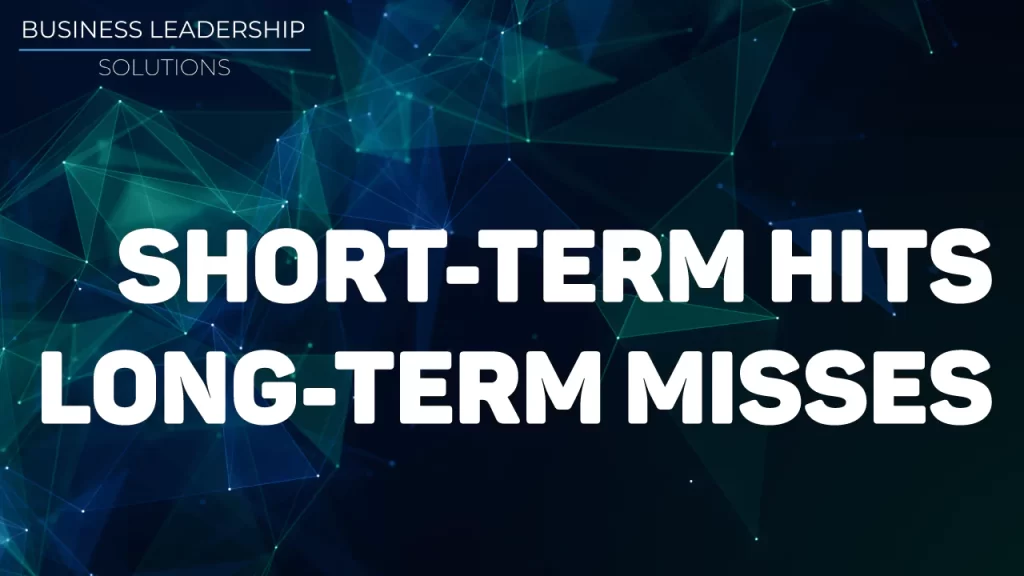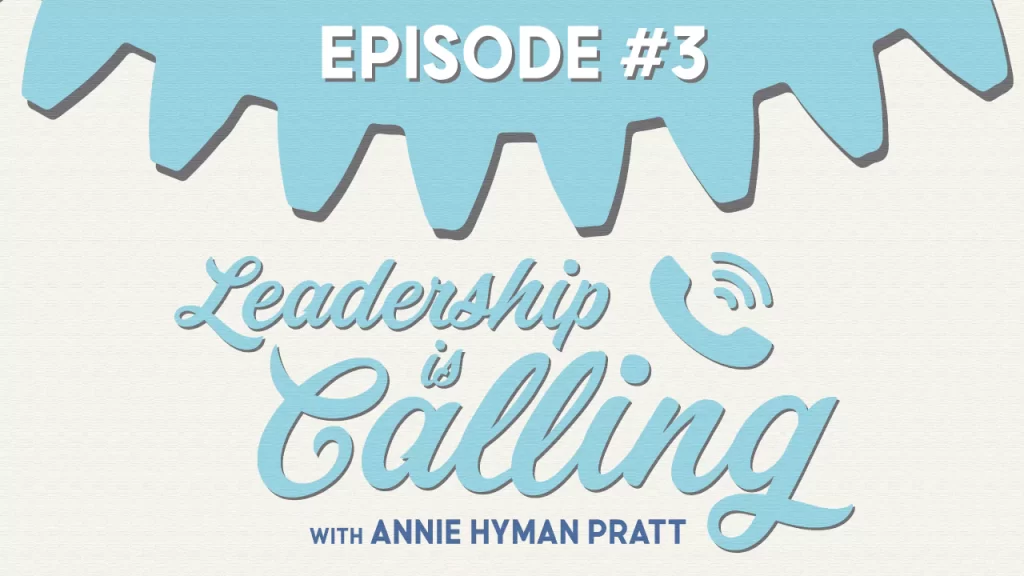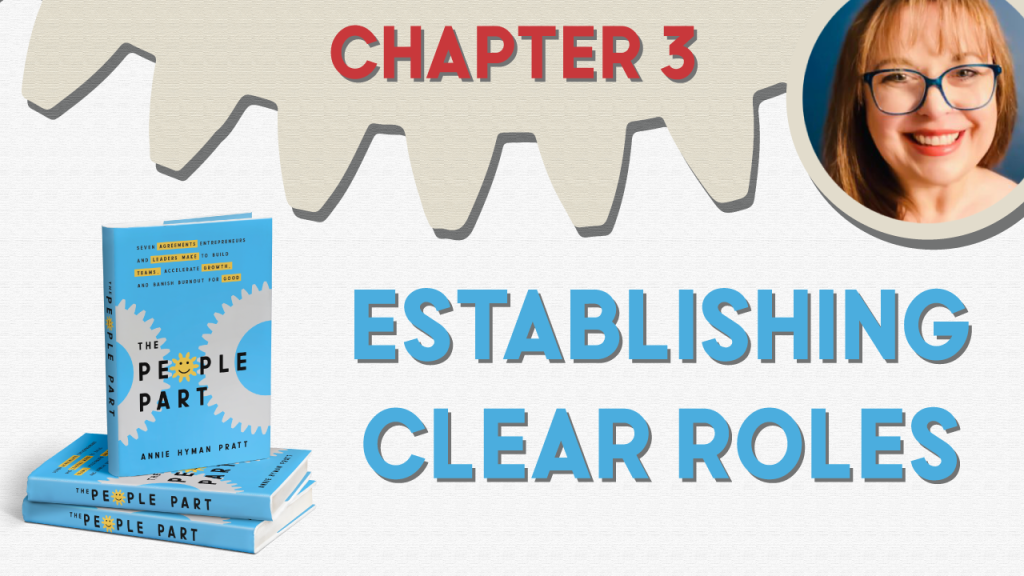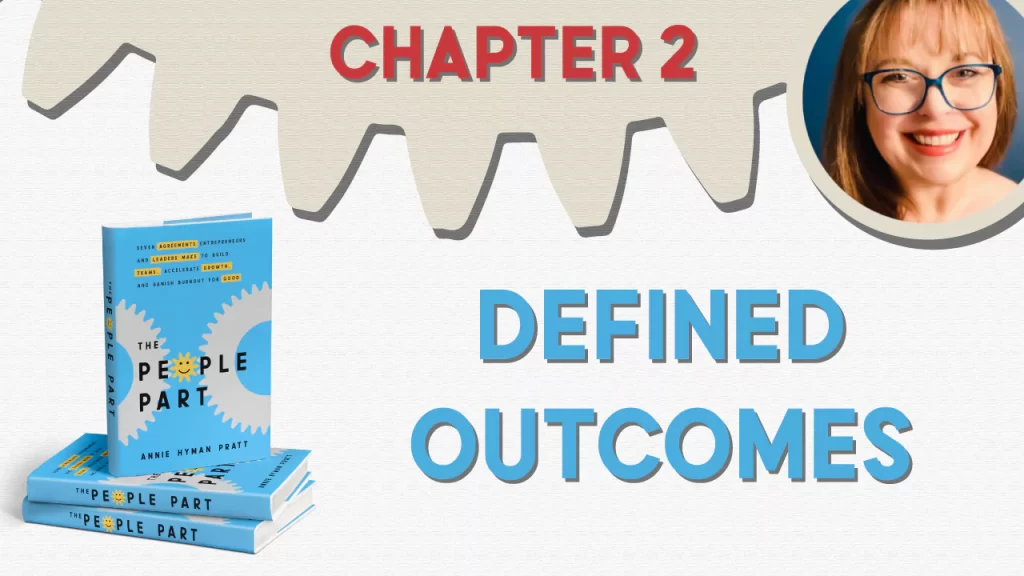Episode #27: How to Lead Intentionally in a Time of Stress | The Power of the Pause
Leadership is Calling Episode #27
Annie Hyman Pratt & Heather McGonigal
- Description
- Transcript
How to Lead Intentionally in a Time of Stress | The Power of the Pause
In today’s fast-paced and high-stress environment, it’s more important than ever for leaders to be able to stay calm, focused, and make sound decisions. But how do you do that when you’re constantly bombarded with information and demands?
In this podcast episode, Annie and Heather discuss the importance of taking a pause and considering all of your options before reacting. They also talk about the importance of having a neutral team member or coach who can help you to see things from a different perspective.
Whether you’re a leader in the workplace or in your own life, these tips can help you lead more effectively and create a more positive environment for everyone involved.
Key Takeaways:
- Lead with intention. What is your goal for your team or organization? What do you want to achieve? Having a clear intention will help you stay focused and make better decisions.
- Get out of your narrow perspective. When you’re feeling stressed, it’s easy to get tunnel vision. Take a step back and look at the situation from a different perspective. This will help you see the bigger picture and make better decisions.
- The power of pause. When you’re feeling stressed, it’s important to take a pause. This will give you a chance to calm down and collect your thoughts. It will also help you avoid making rash decisions.
- Stay calm and composed under pressure. It’s not always easy to stay calm under pressure, but it’s an important skill for leaders. There are a few things you can do to stay calm, such as taking deep breaths, focusing on your breath, and visualizing a positive outcome.
- Find the good in the hard times. Even in the midst of tough times, there are always good things to be found. Look for the silver linings and focus on the positive aspects of the situation. This will help you stay motivated and keep moving forward.
If you’re looking for ways to lead more effectively, even when you’re feeling stressed, then this video is for you. Watch now to learn more!
Additional benefits of taking a pause and considering all of your options before reacting:
- Improved decision-making: When you’re not stressed or overwhelmed, you’re better able to think clearly and make sound decisions.
- Reduced conflict: When you take the time to understand all of the perspectives involved in a situation, you’re less likely to react emotionally and more likely to find a solution that works for everyone.
- Increased productivity: When you’re focused and not stressed, you’re able to get more done in less time.
- Improved morale: When you’re creating a positive and supportive work environment, your team members are more likely to be happy and productive.
- If you’re a leader in a fast-paced and high-stress environment, I encourage you to take some time to listen to this podcast episode. It’s full of valuable insights and tips that can help you to lead more effectively.
Related Resources
Downloadable Worksheet: The CCORE Empowerment Process
Articles: The Power of the Pause |Interrupt Your Emotional Reactions: Pause…
More information: Leading Edge Teams Custom Consulting Packages
Auto-Generated Transcript – unedited version
How to Lead Intentionally in a Time of Stress | The Power of the Pause
Annie: Hey everybody, it’s Annie with another session of our Leadership Is Calling podcast. And today, we’re doing a special conversation between Heather McGonigal, our executive coach extraordinaire, and myself. And we’re going to be talking about leadership today, meaning that we’re noticing—well, we’re having the experience with all of our clients that there’s a lot of stress out there. There are a lot of businesses that are suffering and having a hard time right now. And that means that inside the company, between team members and leaders, it’s challenging. It’s super challenging. And so, I thought Heather and I should talk a little bit about some of these skills that are super important during a time like this, including how to kind of get out of your own narrow perspective tunnel and get a broader perspective with some outside support, talking about intention, how to be super intentional, and what it really takes to be intentional.
Heather: So, Annie, I’ve been, you know, working with, with our clients, and one thing that comes up a lot in this current business environment is, you know, a lot of stress—stress during meetings and big decisions and, and fast-moving messages that happen in the technology they use in teamwork. Right? And sometimes people are communicating really big things, um, in this fast-moving messaging, and um, that’s one of the places I see where people have to extra practice the power of the pause—yes, and not immediately respond—um, and you know, get to that place where they can expand their thinking of like why might this message be coming to me or what else might be going on here or all these other things.
Annie: I’ll give you an example. I’ve had, uh, people that I coach in our leadership program—I coach two different people on the same team, okay? And so I had an experience once where they were both telling me separately their point of view of this big misunderstanding and this disrespectful Slack communication of an important thing anyway. I asked, did this happen on a video call where you could see each other or like in what mode did this misunderstanding happen? And it turned out it was in Slack. And so then both of them separately allowed me to read their conversation because I wasn’t involved, right? I could see all these other possibilities and what was communicated and I could see the way people brought their own interpretation stress pressure judgment story and we’re all offended right—both for different reasons—and to both of them I suggested like these alternative vantage points like well what if this person is just fill in the blank and they hadn’t like that didn’t even occur to them right because the emotional reaction interpretation when it happens that’s the only possible interpretation. Yes, that’s right and it takes that pause and the ability to be in a neutral place or get yourself in a neutral place or ask somebody else to look at it for you absolutely to actually consider other ways that well what else might be going on here that isn’t you know disrespectful to me or personal uh you know what’s so what’s actually anchored in like the business what may be going on in their role all of that absolutely.
Heather: I was just sharing earlier that I had a a kind of a similar or another example of of a situation where a client I had some exchanges with a client and I got pretty triggered and and Barbara was you know as the neutral party she wasn’t in this exchange so Barbara’s the neutral party she could really look at it and right and slow it down and kind of parse it out so that I wasn’t only seeing my emotional interpretation and I think you know I think that’s huge it’s this is kind of an essential part of Being Human at work in a fast-moving high stress environment it’s like having the having neutral team members uh mentors coaches people to support you that are not you know that that know you that are familiar with your world but not in it to help you kind of I think they call it co-regulate right to help you get a perspective that is not your emotional interpretation uh you know as you were saying that I was just thinking about how the human default is the self-protection right and I think in relationships you know work or otherwise the human default when we’re upset usually or like I think it happens more commonly that we seek agreement for our upset and if someone’s my friend they’re gonna confirm the you have every right to be upset oh my gosh if I got a message like that or something like that right like that’s usually how we you know go about things but you know we teach the process the core process which helps me do something other than that default.
It does take that muscle of emotional endurance and self-leadership for anybody to be able to hold space differently than that, and definitely in business, we need to be able to hold space differently than that. Because yes, if we bring all of our personal stories into it, we’re really going to take things way off track. Absolutely. Yeah, we won’t get anything done, not anything good, anyways.
Annie: Like I was also sharing earlier, you know, humans are… we are… we have faulty wiring now for the world that we live in today. Yeah. You know, our emotions are meant to protect us, but they are… they’re easily triggered, they’re easily spooked for situations that we actually need them to be. We need to be calm, right? We can’t see everything as a threat and actually work together. Yeah. Once we get triggered, once there’s even the teeniest perceived little threat in there, we no longer have good teamwork, and it’s… and it’s… and it’s… and we can’t, we can’t function, especially in business. We can’t function like that today. Yeah. And we certainly, even in the world, can’t address our biggest, most complex problems, right? Things like climate change and… yeah… and poverty and you know what not. It’s like the emotions are… the emotional interpretations, emotional thinking from an emotional reactive place is the worst, and honestly, the way I think about that is that actually, you know, in the outside environment, in our external environment, people play on this way that knowing how our emotional system works, right? And so we’re in self-protective mode for good reason. Like we’re trying to pay the bills, we have their stressors going on, right? And then um… people play on that emotion to make us kind of think this team versus that team, this person versus that person, and that keeps the real conversations and real decisions from being able to happen. And you’re right, we see it in our larger world like with the big things highly impacting all of us that we can’t seem to move the needle on. Now imagine that inside of an entrepreneurial company, and the same thing happens if we don’t learn to practice and build that muscle of yes, you know, what are the neutral facts here? What are the different options?
Heather: Annie, I love how you talk about complexity sometimes in business, we have to choose the best of the bummer alternatives, right? Yes, that takes a super high level of self-leadership and a team able to be in self-leadership because everything about that says this is a complex situation. There’s no clear ding ding ding, this is the winning answer with no negatives, right? Like that literally doesn’t exist. And so then… but we have to be able to endure and hold neutrally and have those kinds of conversations and try to find the best of the bummer alternatives quite a bit, you know, like it’s a superpower. If we had the ability… a stronger ability to do that more and more, we could move the needle on bigger things. Absolutely.
Annie: One of the things about getting really good at that actually is you know being a good decision-maker, knowing that none of the options have zero downside. Like they all have negatives and positives. We’re just going for the ones that are kind of most positive and most aligned with where we ultimately want to go, what we want to achieve. But when we’re doing that, uh, we can tend to feel like none of this should be happening. Like this situation, I should not have to be making this choice. Like we should have done this differently a year ago so I would not be here right now. And it’s like guess what? You don’t get to go back in time. And so now, really, it is about making the best decision we can now for the future. And I think one of the big payoffs actually is that by going through these times, we actually do get to a time. Maybe it’s not right away. Maybe it’s going to take a little bit together, but we get to a time where the decisions are more optimistic, where we’re like, oh, wait a minute. We went through really hard work, but now is actually going quite well. And in those times, not only do we get to enjoy them, but we get to have way more gratitude of like, we have the comparison of like, oh, we should enjoy this because this is not all the time, right? It’s like enjoying a really gorgeous spring day with perfect weather.
It’s like, oh gosh, be in it, enjoy it, and you know, knowing that um, you know, you, you, you know, you don’t get to choose the weather. Yeah, sometimes you got to make decisions when it’s stormy and rainy and yeah, and and and none of the decisions look great, but that’s, you know, you are going to get sunny weather. You just don’t know when. I love to, that um, that gave me the feeling of another aspect to why their practice the power of the pause. The pause to acknowledge the wins. The pause to you know, collectively and also individually in our role, right? Like sometimes we’re up-leveling our systems, process, and organization, and it’s tedious and um, and even just like in your individual role doing that, but when you’re in the future and then, oh, it’s actually working and it’s helping everything go smoother, you know, I think we really want to emphasize the power of the pause to entrepreneurial leaders for that self-care moment, which you and I talked about the importance of self-care uh prior and like in that power of the pause, really actually taking a moment to feel the wind, celebrate the win, smile at each other as a team, give like a high five virtually or in person, because the pace keeps going right? And I feel like um, if we’re not intentional about it, yes, we miss those moments, and that’s quarterly, and that is um, that actually is like the fuel we need, right? It’s kind of like you know and and even when we are going through hard times to recognize each other for oh my gosh, okay, that was really hard, but we did good in a really difficult situation, you know, we’re we’re um, you know, sometimes business gets really hard and and um, right now there are some businesses that are suffering and from a you know major downturns from a major downturn and from inflation and and oh gosh it’s just hard uh but you know it’s a win to survive that time like don’t forget that like that’s a that’s a that’s a thing of like we you know we made it through and to appreciate each other for that is the fuel that we need to keep going. Yeah, yeah, to recognize that just you know just being okay making it through is a huge win, and I’ve been finding in coaching really this week, I feel like the theme of the week or the word of the week, coach Heather’s word of the week was intentional, be intentional. Yes, right, because I know we say that we use the tool of agreements and we consciously made agreements, but even for this power of the pause and how do I want to show up here? Um, how am I gonna paint the picture of this idea that I would like our team to choose as the path? Like all of it, if we could have that heightened level of being aware of being intentional, absolutely. Absolutely. Yeah, and that’s that’s what that pauses for so we have a you know, have a second or ten to to recognize to remember what Our intention was. Yes, because yeah because if we get triggered, Our intention flies out the window. It just there’s not there’s no intention happening it’s all self-protection it may look like you know you it may look like somebody’s being intentional but they are not right they are reacting from Instinct from you know from a hard wiring that is you know not helpful today so yes to be intentional we we need that pause so we can actually connect with the intention. Yeah, it’s like we need the pause and then like double pause, pause some more. Exactly, yeah exactly you’re the human like inside of yourself you can think no no I’m being intentional I’m doing what I want to do and I’m going to speak my truth right now about how I feel about this and actually it’s like wait no for your your survival mode was still on you didn’t exactly you didn’t get to shift out that out of that gear because you didn’t pause enough that’s right yeah our our hard wiring is strong yeah I I uh I think even in my in my own mind there’s sometimes I do feel like that old cartoon of a angel and a devil on your shoulders yeah but the Angels say don’t say it, don’t do it – the devil’s says say iit.
Heather: Yeah, we need a bit of a pause to just know, like, wait, wait, wait, wait, wait, wait, wait. I’m, you know, I’m, I’m, I am human. I do have feelings. This is hard right now, but what do I really want to do here? Right. What do I, how do I really want to play it? Like, what’s going to be best for me in the long term? And, um, yeah, that’s, you know, once that, once we can really get a hold of that, it’s just game-changing for leaders and for our lives. Yeah, we really need, um, I found this really great quote that you said back in 2018 that I, I don’t have right in front of me, but I was like, oh, this is so perfect for right now. Um, but I’ll basically, uh, surmise the, summarize the gist of it, which is like, you know, these days, today, we need more leaders. Leadership is the way of the future. It is the path to a healthier future. And, um, that leadership part is in each of us. Yes. And that’s what we’re talking about when we’re talking about like choosing intentionally, like, what am I really going for? Or, you know, like, what is this? When we’re weighing those alternatives and we’re trying to figure out the solutions and stuff, we’re like, we’re anchoring back to, well, what’s going to make the biggest difference with the least amount of impact? And all of this like sorting of our next actions, our next choices, we all have parts that we play in that no matter what our role in a company or or our part in the larger society too, we have different like choice moments, but sometimes we miss them because we’re moving fast in that emotional response. So, yeah, um, I think today, you know, that’s why I love what we do, Annie, because we help strengthen and build empowered leaders, and I think that is the way of the future, and we need even more of that for sure.
To learn more about this episode’s topic pick up a copy of Annie’s book The People Part.

